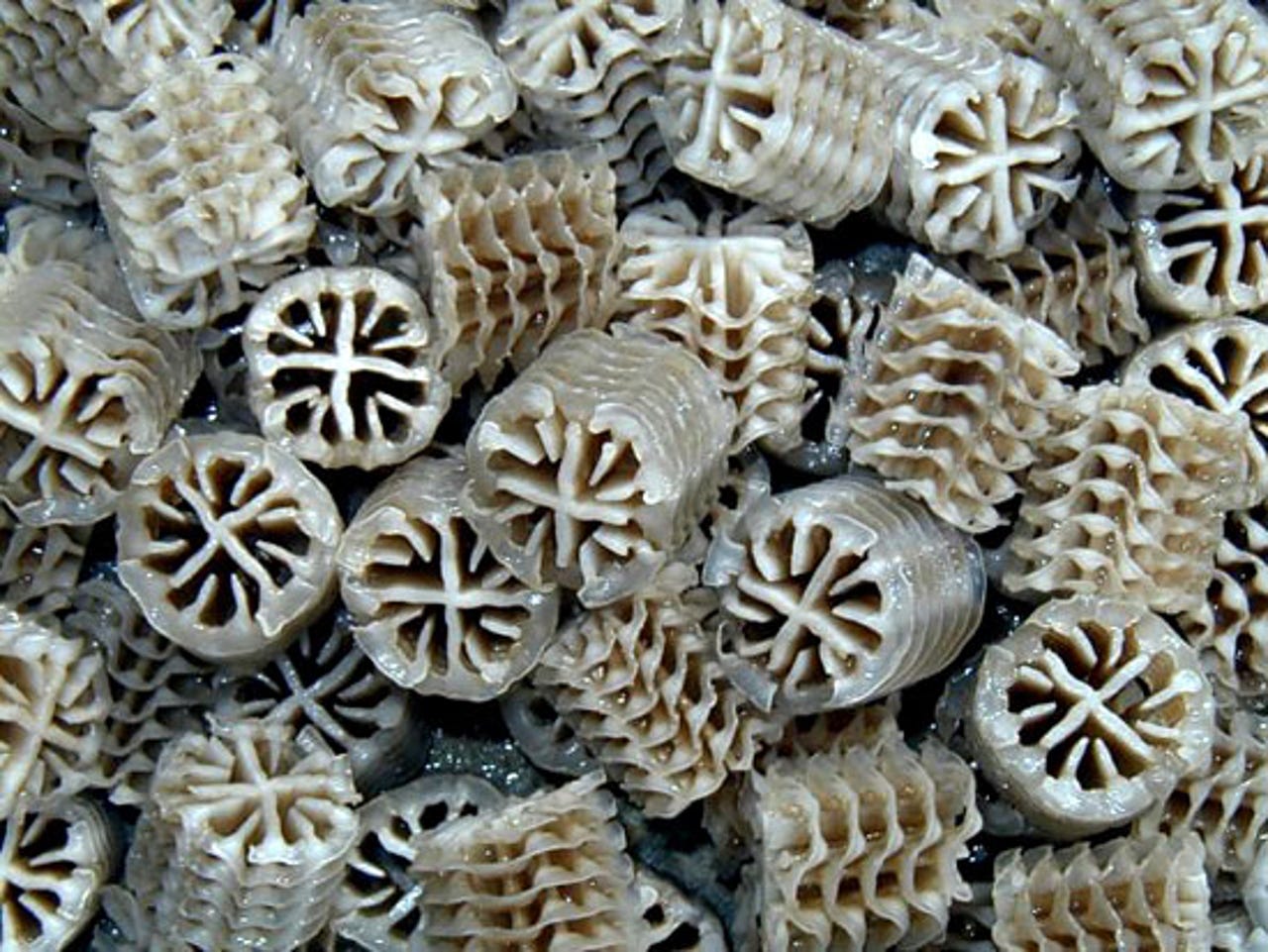Photos: Israel's treatment of water


Aqwise capsules
The water treatment industry thrives in Israel because of a lack of water for agriculture and human use.
These capsules from Israel-based AqWise attract bacteria in wastewater. The bacteria then break down contaminants in the water. The squiggly surface area inside the capsules lets the bacteria grow densely.
Without the capsules, water treatment utilities need to build extra disinfecting ponds. The capsules were originally designed to release fertilizer, but AqWise found a more profitable use for them.
Capsules and treatment pond
Here is another shot (left) of AqWise's water treatment capsules. This treatment pond in Israel (right) employs AqWise's technology.
The company also has installed systems in Europe, South America and North America. In 2005, the first year in sales, the company booked $13 million in revenue and turned a profit.
Atlantium CEO
Ilan Wilf is CEO of Atlantium, which has created a system that bounces ultraviolet light through water, killing billions of organisms, rather than the thousands killed by competitors' methods. Coca-Cola's Israel operation has installed an Atlantium system.
Hydro-Optic Disinfection System
In Atlantium's Hydro-Optic Disinfection System, untreated water goes in one end and comes out the other clean. The system can treat 200 cubic meters of water per hour.
Biohazard tanks
Not every office has its own biohazard. The Atlantium tanks hold water to test how many bugs the ultraviolet light actually killed.
Desalination
Carlos Dosoretz, professor of environmental engineering at the Technion in Israel, is developing a system that desalinates and purifies wastewater so it can be used again for irrigation.
The declining quality of water worldwide, combined with shortages, will likely lead to the use of such systems to treat water bound for human consumption. Singapore already uses a small portion of desalinated, purified wastewater for human consumption.
Filters out particles
Dosoretz (left) shows off the system that filters out large particles of agricultural waste. The dirty beaker (at right) shows the quality of the water before treatment; the second beaker shows it at the end of the process. Neither humans nor animals can drink this water, but the clear stuff can be used to water gardens. Further purification steps are required to make it drinkable.
Ashkelon desalination plant
The Ashkelon desalination plant, the world's largest such facility, will ultimately churn out 100 million cubic meters of water annually for human consumption.
By 2020, the country expects to desalinate 750 million cubic meters each year.
Solar water tanks
See those cylinders on top of the roofs? Those are solar water tanks, required on all apartment buildings eight stories or fewer.
Old City and West Bank village
While the drip system for agriculture and other technologies have helped conserve and treat water in Israel, the population continues to grow and, consequently, water needs continue to rise. Here (left) is Jerusalem, and a village (right) in the West Bank under control of the Palestinian Authority.